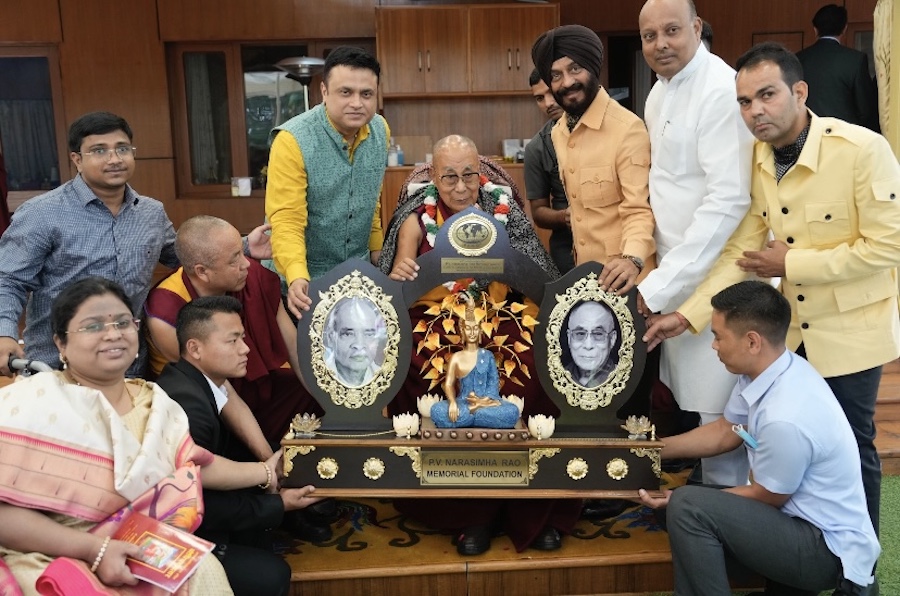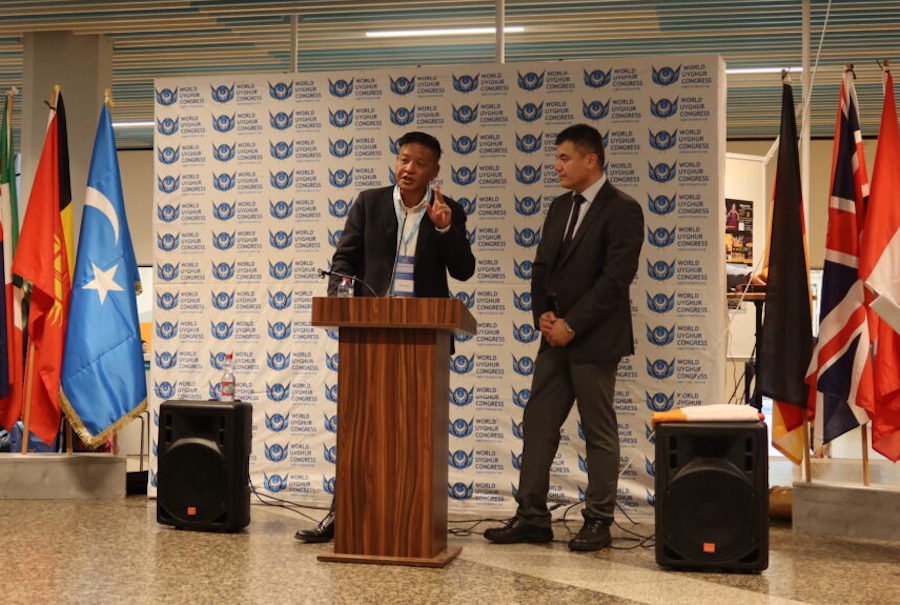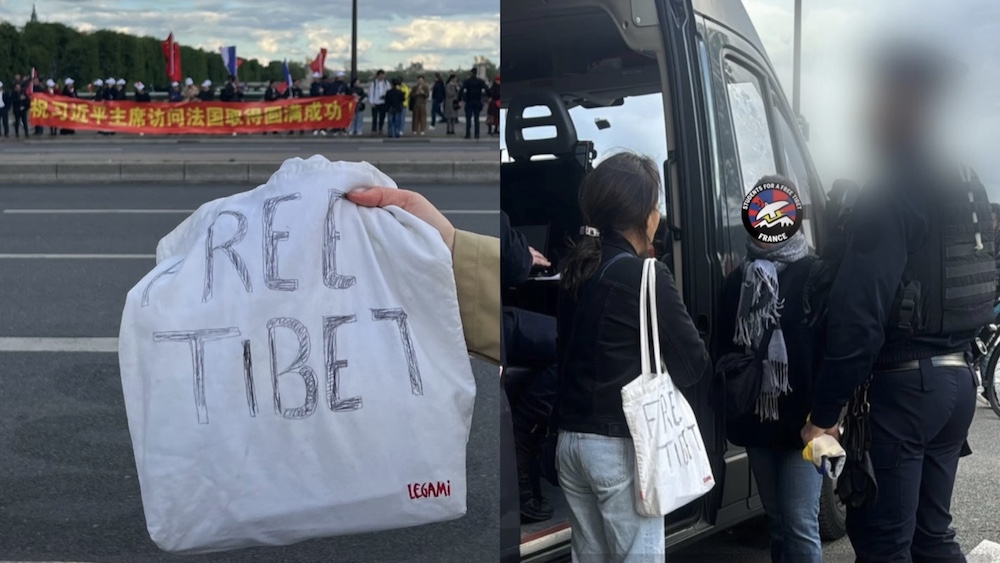NEW DELHI – Samdhong Rimpoche is the first Tibetan prime minister in exile. He signifies the coming separation of spiritual and temporal authority in Tibet, as envisaged by the Dalai Lama after his time. In an interview with Surojit Mahalanobis, Mr Rimpoche speaks of how the new leadership in Beijing has become more amenable to talks after the demand for Tibetan freedom was dropped from the agenda:
The second delegation of your government visited China last month to talk about the return of the Dalai Lama. What’s the latest?
The basic point is that the Dalai Lama is working for the interest of six million Tibetans and not for his return to his own motherland. For about 23 years, he’s been trying to negotiate with Beijing. There is no second demand other than genuine autonomy. His own return means nothing to him.
Today, the Tibetans are a minority in their own land. Their culture is under threat. Development programmes don’t reach them… People of the Han race have been settled in Tibet, which has changed its demographic status. The Dalai Lama is reaching out to resolve these issues through negotiations. It’s only in the last year that we were able to establish a direct contact with Beijing.
Beijing has denounced the Dalai Lama as a “traitor”. Will it accept him in Tibet?
The Dalai Lama has done nothing to deserve that kind of disdain. From 1959 to 1979, we were pursuing the restoration of our lost independence. In 1979, a top Chinese leader, Den Shao Pen, invited us for negotiations on the condition that we wouldn’t demand separation from China. After that, we stopped asking for ranzen or independence. We argued that since the Chinese constitution provides autonomy for all minorities, the Tibetans, who constitute the second largest minority in China, should be given ‘genuine autonomy’. We also want that all Tibetans be combined into one minority nationality.
In Hong Kong, the Chinese have agreed to a one-country-two-systems policy. The Dalai Lama is negotiating such a status for Tibet. He has never done anything to effect a split in China.
What does ‘genuine autonomy’ mean?
A little more than what Hong Kong enjoys. For visiting Hong Kong, you need a special permit. For going to the mainland, a visa or a permit is necessary. This controls population influx. But Hong Kong also has a considerable degree of democracy and a free press.
Recently, you asked your representatives to stop Tibet Support Groups (TSGs) all over the world from organising anti-China activities till next June. Was that successful?
I don’t have much control over the TSGs. It’s a worldwide movement. But, yes, most of them did respond positively to my appeal. And that’s helping us in terms of confidence building measures (CBMs)… On its part, Beijing has toned down its accusations and ended its daily rhetoric against the Dalai Lama. It has also stopped urging other countries not to grant him visa or prevent him from delivering addresses.
Is all this being done to help the Dalai Lama’s brother, Gyalo Thondup, to attempt a rapprochement?
Mr Thondup retired long ago and is not doing anything on Tibetan issues. Since our delegation was officially received by the People’s Republic of China and allowed to visit almost all cities, we wanted to reciprocate by creating a more congenial atmosphere.
Is American relations with China another reason, especially after former US president Bill Clinton’s visit there in 1998?
Many have said so, but I don’t share that view. Tibet is not an important issue in Sino-American relations.
From the first people’s congress in 1965 to the Dalai Lama winning the peace prize in 1989 to Mr Clinton’s subsequent visit, has there been any change in your ideology?
Ideologically, we are very clear. We want genuine autonomy so the Tibetans can stop damage to their environment and maintain their lifestyle and cultural and spiritual heri-tage. If that is granted, whether we get political independence or not is hardly an issue.
How does the influx of multi-racial people affect the environment in Tibet?
The settlements, and the construction of long roads, military bases, etc has disturbed Tibet’s eco-system. This has been compounded by the construction of nuclear bases and the dumping of nuclear waste. Most rivers that flow into Asian countries — including India, Pakistan and Bangladesh — originate in Tibet but are today polluted. Deforestation for construction has resulted in unexpected floods every year.
But wasn’t Tibet granted autonomy in 1965?
That was partial… All decision-making powers even today vest in the Centre and in the settled Han citizens. The local Tibetans wield no power.
Secondly, the region earmarked in 1965 as Tibet Autonomous Region (TAR) covers less than one-third of Tibet. The rest two-thirds has been divided into 11 parts and merged into various Chinese provinces. This has scattered the Tibetan communities.
Moreover, the development of infrastructure — roads, airports, etc — and the spread of trade has only benefited the affluent Hans. The roads, for instance, help the non-Tibetans reach the interior parts to settle down and exploit the natural resources there. They don’t help the uplift of the Tibetan poor.









